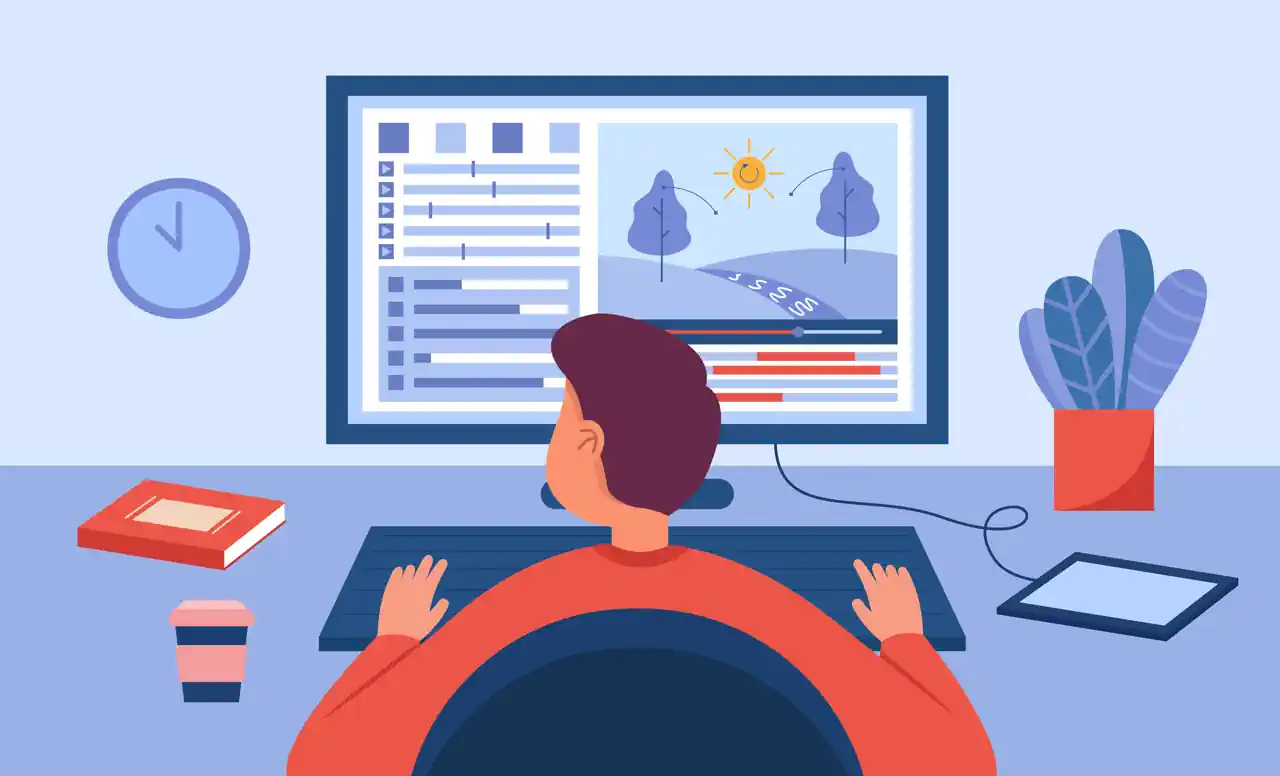In today’s digital age, many of us find ourselves spending extended hours in front of computer screens for work, leisure, or study. While technology has certainly improved our lives in many ways, prolonged screen time can take a toll on our eye health. Fortunately, there are steps you can take to protect your eyes and maintain good vision. In this article, we’ll explore some practical tips to help you safeguard your eye health while working on a computer.
Follow the 20-20-20 Rule
The 20-20-20 rule is a simple but effective way to reduce eye strain. Every 20 minutes, take a 20-second break, and focus on something at least 20 feet away. This brief pause allows your eyes to relax and helps prevent digital eye strain.
Proper Screen Position
Position your computer screen at eye level and about an arm’s length away from your eyes. This minimizes the need to strain or squint, reducing the risk of discomfort and eye fatigue.
Blink Regularly
Blinking keeps your eyes moist and helps prevent dryness and irritation. When working on a computer, people tend to blink less frequently, so make a conscious effort to blink regularly. Consider using lubricating eye drops if dryness persists.
Adjust Lighting
Ensure that your workspace is well-lit. Avoid excessive glare on your screen, which can strain your eyes. Use blinds, curtains, or an anti-reflective screen if necessary.
Ergonomic Setup
Your workstation’s ergonomics play a crucial role in preventing eye strain. Use an ergonomic chair and keyboard to maintain proper posture and reduce the likelihood of neck and eye discomfort.
Blue Light Protection
Digital screens emit blue light, which can disrupt sleep patterns and cause eye strain. Consider investing in blue light-filtering glasses or use blue light filters on your computer screen to reduce exposure.
Eye Exercises
Implement regular eye exercises to improve focus and reduce eye fatigue. For example, try rolling your eyes in a circular motion, focusing on different points around the room, or doing simple eye stretches.
Stay Hydrated
Proper hydration is essential for overall eye health. Drink an adequate amount of water to prevent dry eyes.
Anti-Glare Screen
Consider using an anti-glare screen protector on your monitor, which can reduce the amount of glare and reflections on the screen.
Regular Eye Checkups
Don’t forget to schedule regular eye checkups with an optometrist. They can detect any eye conditions or changes in your vision and provide guidance on maintaining good eye health.
Reduce Screen Time
Whenever possible, reduce your overall screen time. Take breaks from screens during leisure hours and engage in activities that promote eye relaxation, such as reading a physical book or spending time outdoors.
Balanced Diet
A diet rich in vitamins and minerals, particularly those high in antioxidants like vitamin A, C, and E, can promote good eye health. Incorporate foods like carrots, leafy greens, and fish into your diet.
Adequate Sleep
Ensure you get enough sleep each night to allow your eyes to rest and recover. Lack of sleep can contribute to eye strain.
By implementing these tips, you can significantly reduce the risk of eye strain and maintain healthy vision during extended computer use. Remember that your eye health is a crucial component of your overall well-being, and it’s important to prioritize it as you would any other aspect of your health.

